“You said, ‘You better watch out. I feel like killing you.’ … ‘Keep the knives in the drawer,'” her husband, Harry Hamlin, recalls as the couple details Rinna’s struggles with PPD after the births of their daughters.
Lisa Rinna is speaking out about her “horrible” experience with postpartum depression.
On Friday’s episode of her and her husband Harry Hamlin’s Let’s Not Talk About the Husband podcast, The Real Housewives of Beverly Hills alum recalled her struggles with postpartum depression following the births of their daughters, Delilah, 26, and Amelia, 23, sharing that she suffered from severe hallucinations.

YouTube
Lisa Rinna Reveals Dad Died by Assisted Suicide, Opens Up About Mom’s Assault by Serial Killer
View Story
“I had horrible postpartum depression, but I didn’t know it,” began Rinna, 61. “I didn’t know what it was. When you have your first baby, you don’t know. You just don’t know.”
The actress and her husband mentioned relatives and friends who suffered from postpartum depression, before Hamlin then recalled how Rinna’s condition became so severe after they welcomed Amelia in 2001 that she threatened to hurt him.
“I’ll never forget after Amelia was born, we were at the cabin in Canada, we went to a movie one day in Bracebridge, and you said, ‘I’m gonna kill you,'” he said, to which Rinna asked, “I said that to you?”
“Yes,” Hamlin replied, before he continued. “And I said, ‘You better call [your OB-GYN] right now.’ We were sitting outside the theater. You said, ‘You better watch out. I feel like killing you.’ You said, ‘Keep the knives in the drawer.'”
Rinna detailed suffering terrifying hallucinations and visions.
“I was having horrible hallucinations of killing people, and I needed to take the knives out of the house,” she recalled. “I also had horrible visions of driving the car into a brick wall. I did not have horrible visions about hurting the baby in any way, shape or form. It wasn’t about that. It was about hopelessness, darkest depression, and these horrible visions, hallucinations. And it was the knives, and it was driving the car into a brick wall.”
The Days of Our Lives alum noted that while she didn’t suffer from the hallucinations after her first daughter was born, she still struggled with the condition and felt “hopeless.”
“That’s the word. Hopeless,” Rinna said, noting how she “couldn’t get out of bed” one night when her husband wanted her to go to a party. “I was just absolutely hopeless. Like a huge dark cloud all over me. I don’t know how to describe it, because mine didn’t manifest itself toward the baby at all — it was toward me. I would say, looking back, I was completely psychotic.”
While she didn’t seek treatment after Delilah was born, when her symptoms became severe after Amelia’s birth, Rinna reached out to her doctor and was prescribed antidepressants, sharing that it helped her immediately.
“It worked instantly, changed the whole thing. It changed the game instantly,” she explained. Still, she said, it was a “f–king nightmare” and “challenge” at the time since she and Hamlin were in Canada, and it took weeks for the medication to kick in.
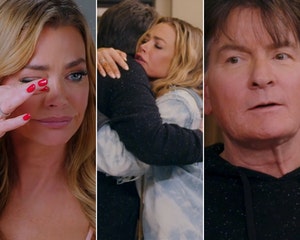
Bravo
Denise Richards Has Emotional Charlie Sheen Reunion as Daughter Reveals Strained Relationship with Dad
View Story
“I was out of my mind,” Rinna said.
She also later added that she feels that the antidepressants helped her beyond her postpartum depression.
“It reset my clock,” Rinna said. “Not only did it take away the postpartum depression, but it recalibrated me, and I’ve never had depression since then. I mean, I’ve been depressed and blue and whatever, I’ve never had that kind of depression since that time.”
Ultimately, the Melrose Place alum said she’s “forever grateful” for the medication, and noted that postpartum depression should be more widely discussed.
“These are things I’m talking about that I’ve been through and what worked for me,” Rinna said, “but listen, I don’t think any woman should suffer or have to suffer going through postpartum depression. And I know a lot do, and I know a lot do in silence.”
“You thought I was f–king crazy!” she added to her husband.
Postpartum depression (PPD) — which is also called perinatal depression — is a common mood disorder that can occur after childbirth. According to the Cleveland Clinic, it affects one in seven new mothers. Symptoms include feelings of sadness, guilt, or hopelessness, anxiety and excessive worrying, bouts of crying, loss of interest in activities, trouble sleeping, and more, per the Clinic.
Postpartum psychosis, meanwhile, is a rare and severe condition. According to the Cleveland Clinic, PPP “affects a person’s sense of reality, causing hallucinations, delusions, paranoia or other behavior changes,” and for those with severe cases, it can result in them attempting to harm themselves or their children.
If you or someone you know needs help with mental health text “STRENGTH” to the Crisis Text Line at 741-741 to be connected to a certified crisis counselor.
If you or someone you know is struggling with depression or has had thoughts of harming themselves or taking their own life, get help. The National Suicide Prevention Lifeline (1-800-273-8255) provides 24/7, free, confidential support for people in distress.



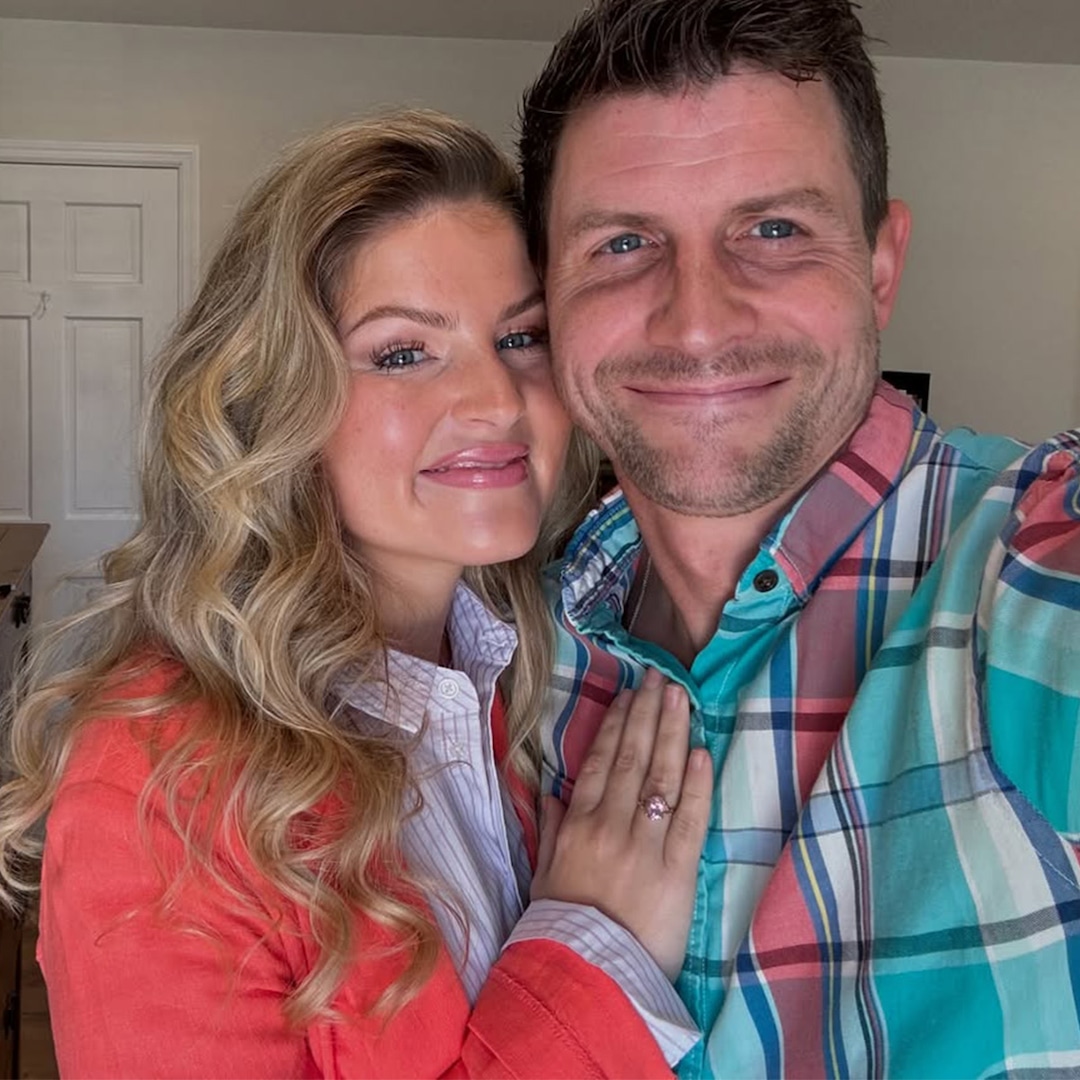



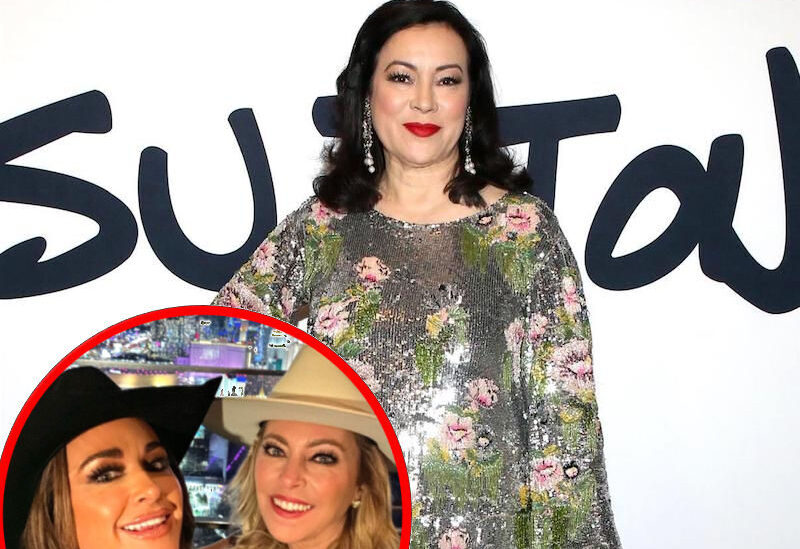
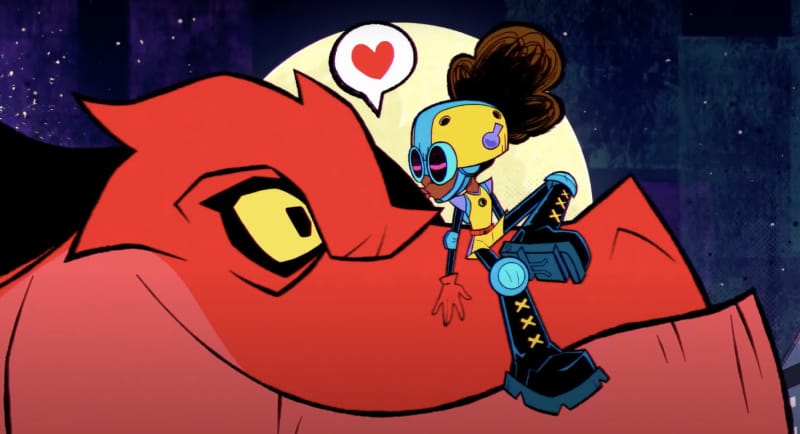
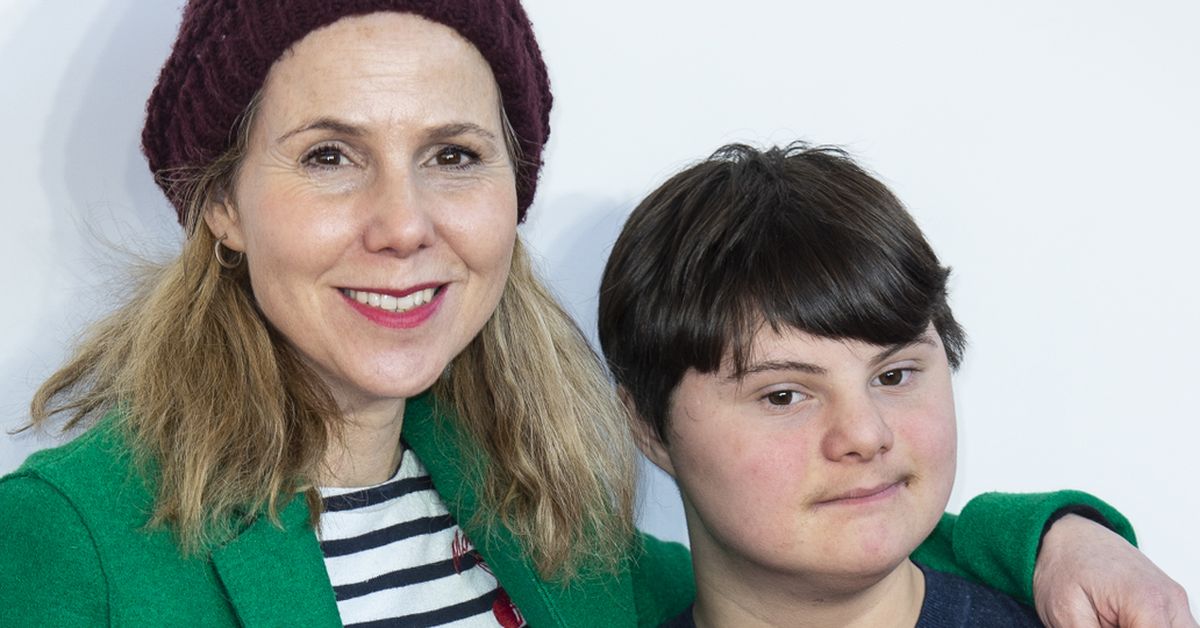

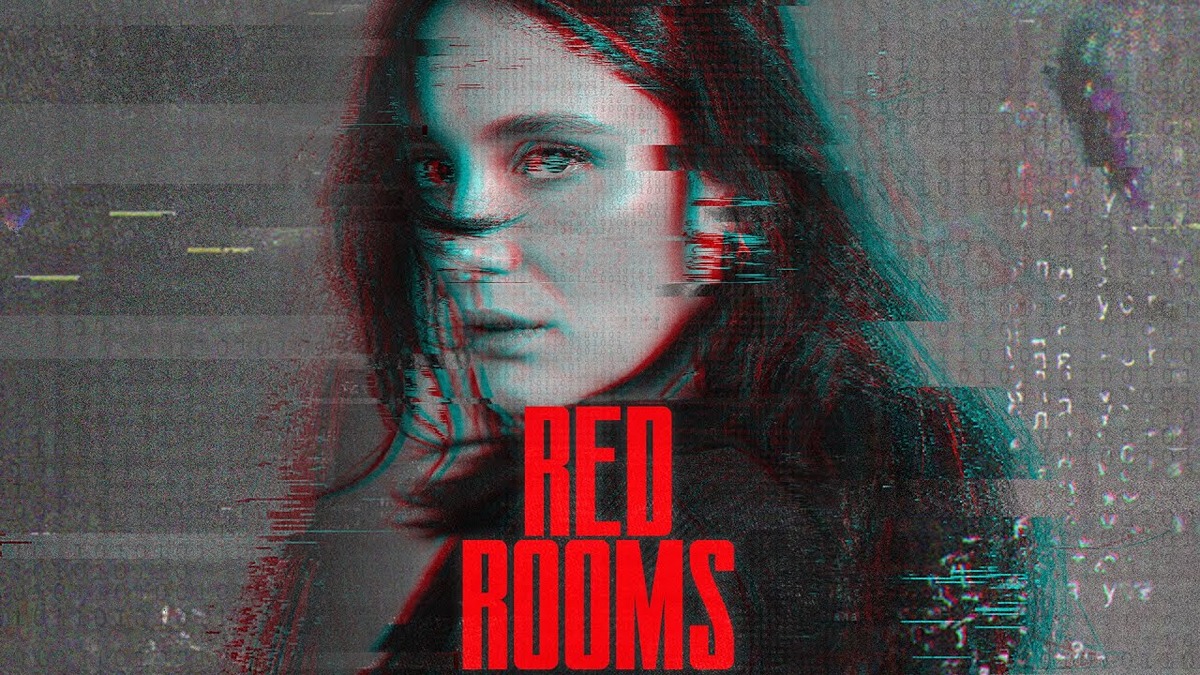
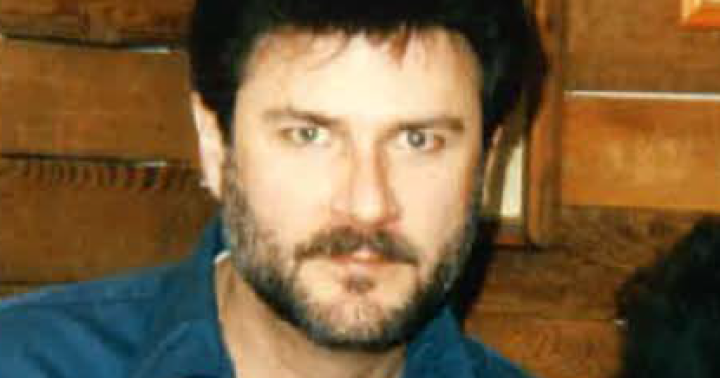




![Thing Is [Spoiler], Is He Dead? Thing Is [Spoiler], Is He Dead?](https://tvline.com/wp-content/uploads/2025/09/wednesday-season-2-finale-ending-explained.jpg?w=650)
